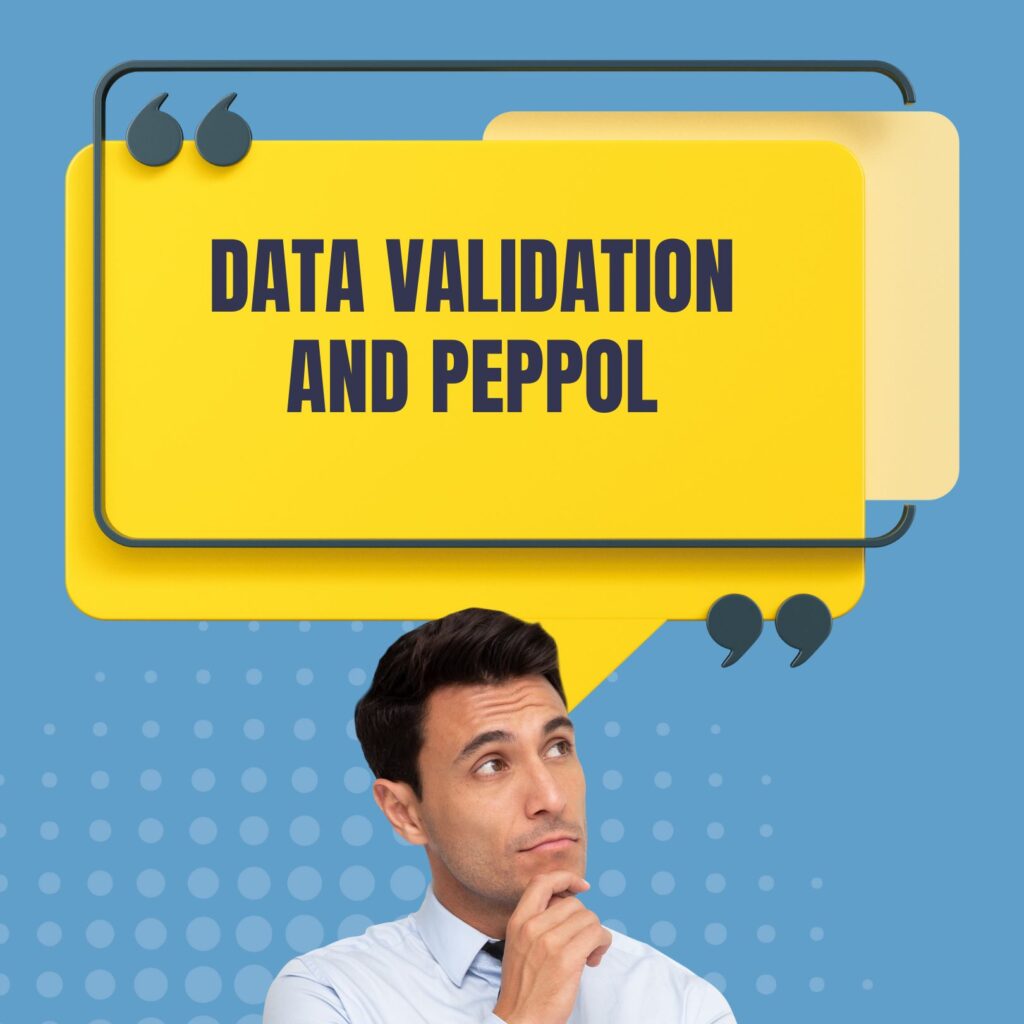
With the rise of PEPPOL (Pan-European Public Procurement Online) and new regulations in electronic invoicing, data validation services are crucial for maintaining the accuracy, consistency, and integrity of data exchanged through the PEPPOL network.
While PEPPOL automates many processes, several challenges still require attention:
● Complexity of Standards
● Interoperability Issues
● Error Handling and Resolution
● Customization and Flexibility
● Integration with Legacy Systems
● Improving Data Quality and Enrichment
Let us now zoom into those challenges :
Complexity of Standards
PEPPOL operates with strict data standards and protocols. Ensuring that all data conforms to these standards requires rigorous validation processes, which can become complex and resource-intensive. This complexity can lead to delays and increased costs for businesses implementing PEPPOL.
Interoperability Issues
PEPPOL aims to facilitate interoperability across various systems and countries. Variations in how different countries or systems interpret and implement data standards can lead to validation errors. These discrepancies can cause failures in data exchange, leading to inefficiencies and frustration among users.
Error Handling and Resolution
When data validation fails, identifying and correcting errors can be challenging. Errors may arise from incorrect data formats, missing information, or mismatches with expected standards. Resolving these issues requires time and expertise, which can disrupt business processes and reduce the overall efficiency of the PEPPOL network.
Customization and Flexibility
Different sectors and businesses may have unique requirements, necessitating customization of validation rules. Balancing the need for standardized validation with the flexibility to accommodate specific needs can be difficult, potentially leading to conflicts and inefficiencies.
Integration with Legacy Systems
Many organizations still use legacy systems that may not be fully compatible with PEPPOL’s data standards. Integrating these systems requires additional validation layers to ensure data consistency, adding to the complexity and potential for errors.
Improving Data Quality and Enrichment
Data enrichment processes can enhance the quality of data by filling in missing information, correcting inaccuracies, and standardizing formats. This ensures that the data exchanged through PEPPOL is more accurate and complete, reducing validation errors.
Summary
Manual data validation remains an essential part of addressing these PEPPOL challenges to ensure accurate and reliable data exchange.
At Optimum Solutions, we offer specialized data validation services to help your business navigate these complexities and achieve a smooth transition to PEPPOL. For more information, feel free to contact us at luc@optimumsolutions.eu or schedule a virtual coffee chat at https://calendly.com/lucoptimum/onlinecoffee.